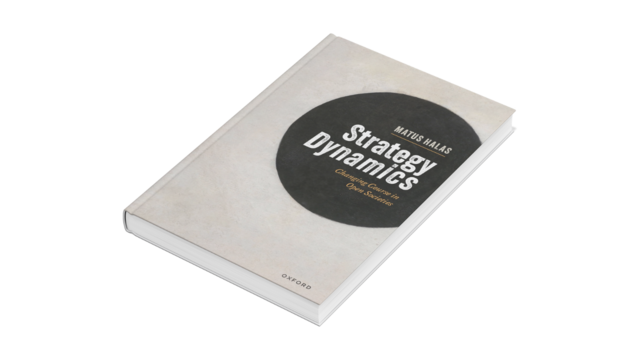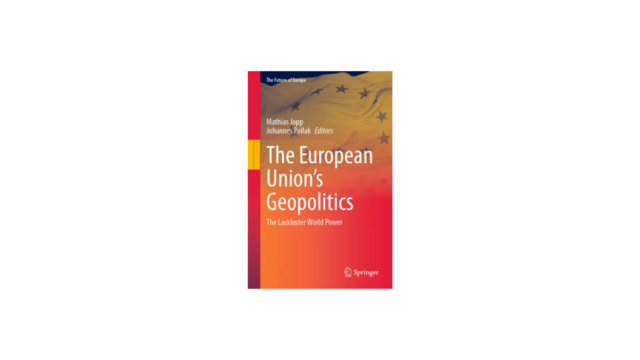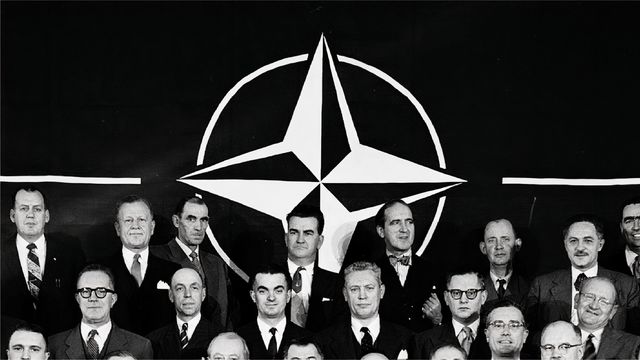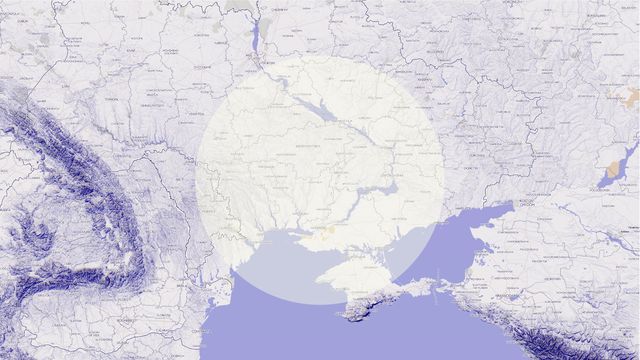Women, Peace and Security as deterrence? NATO and Russia's war against Ukraine

In her latest article for the International Affairs journal our researcher Míla O'Sullivan examines the adaptation of NATO's Women, Peace and Security (WPS) agenda in light of Russia's invasion of Ukraine in 2014, shifting the focus from external operations to encompass all NATO tasks.
Drawing on feminist institutionalism and a feminist pragmatist approach to security, the article interrogates NATO's localization of the Women, Peace and Security (WPS) agenda in deterrence and territorial defense. It demonstrates that NATO has been unable to operationalize WPS in these areas over the past decade. The article identifies the following obstacles to NATO's post-2014 WPS considerations: first, the pragmatic implementation of WPS as an external, depoliticized, and low-priority military agenda pushed primarily by femocrats; second, the elevation of WPS to the strategic level while omitting its practical localization in deterrence and defense; and third, the approach to the WPS partnership with Ukraine as a unidirectional transfer of NATO's WPS knowledge to Ukraine rather than as mutual learning. The author argues that these institutional factors have made NATO's WPS implementation merely reactive and ultimately ill-prepared for such a gendered security crisis as the one caused by Russia's full-scale war against Ukraine in 2022. The article advocates for rethinking the feminist conceptualization of deterrence through the convergence of WPS and resilience agendas, which involves moving beyond military deterrence and centering on social and political practices linked to societal resilience.
Find the whole text under the link below.









